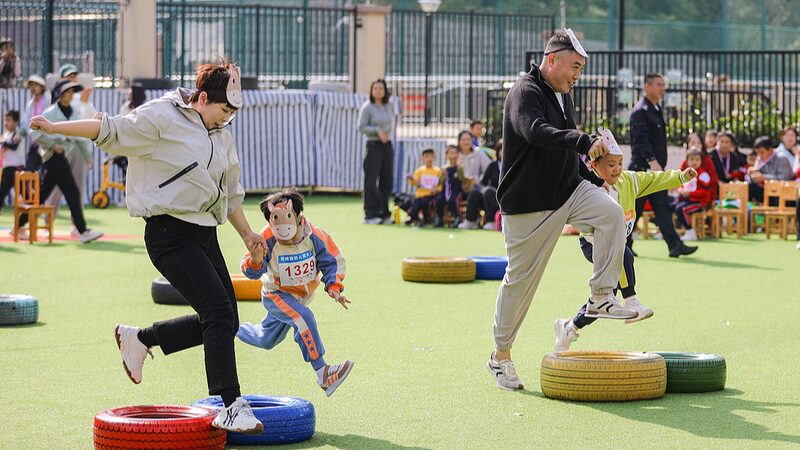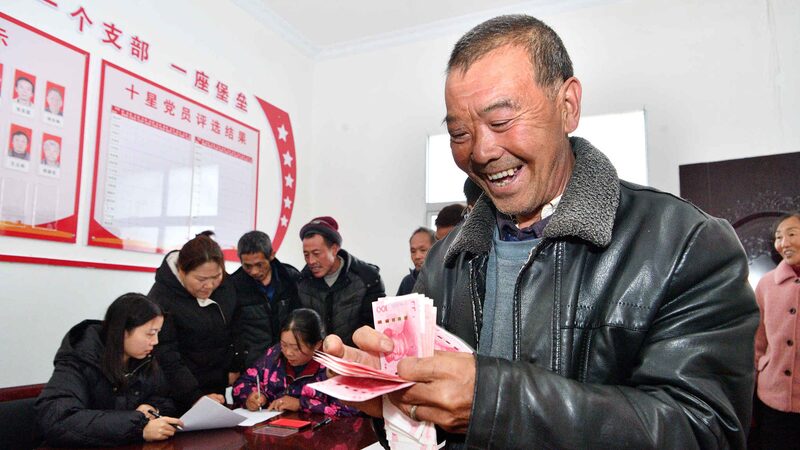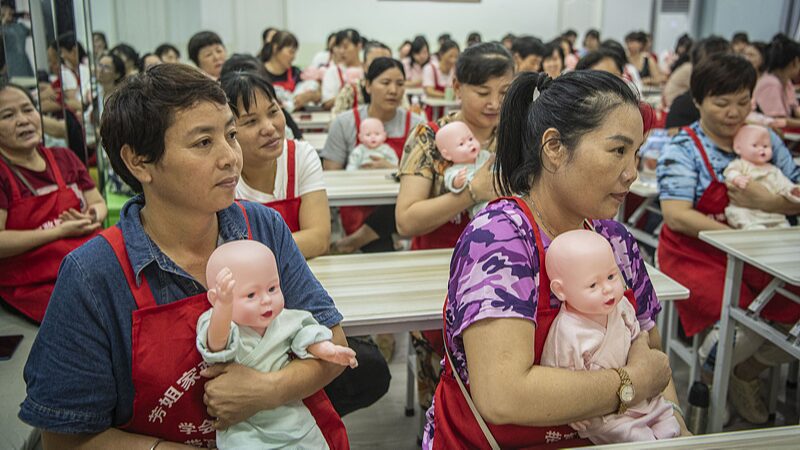Facing a rapidly aging population, the Chinese mainland has unveiled a comprehensive set of 13 new policies aimed at supporting families and encouraging childbirth. 🌱👶
These initiatives, outlined by the State Council, are designed to create a more supportive environment for having and raising children. The measures focus on expanding childcare services, enhancing education, housing, and employment support, and fostering a positive social atmosphere for families.
One of the key provisions is the extension of the maternity insurance scheme to individuals in flexible employment and rural migrant workers already participating in the basic medical insurance scheme. This ensures that new parents can confidently take time off work, with local authorities tasked to enforce policies regarding maternity, paternity, and childcare leave.
The government is also improving the childbirth subsidy system and offering personal income tax relief related to childbirth. Additionally, medical services like suitable labor pain relief and assisted reproductive technology will now be covered by insurance reimbursements.
To address unintended pregnancies, there's a push to enhance health education for adolescents, alongside improving care for early pregnancies and abortion services.
Childcare services are set to receive a significant boost. Plans include establishing more high-quality pediatric hospitals and training more pediatricians, as well as expanding and equitably distributing pediatric medical resources within communities.
Access to childcare for children under three will be made easier with the establishment of childcare service centers at the prefecture and city levels. Childcare facilities will also be integrated into the planning and construction of new communities. Moreover, families with multiple children will benefit from higher loan limits from the housing provident fund to assist in purchasing homes. 🏠👨👩👧👦
Creating a supportive social atmosphere for marriage and childbirth is also a priority. The policies encourage local governments to provide specialized services like marriage and family counseling, promote reform in marriage customs by discouraging extravagant weddings and high bride prices, and foster a positive marriage culture.
China's population, now numbering 1.4 billion, is experiencing a significant decline and aging trend. With over 14% of the population aged 65 and older, these new policies aim to stabilize and eventually increase birth rates to counteract the demographic shift.
Over the past decade, China has gradually relaxed its family planning policies, allowing for more children per family to address the challenges posed by an aging society.
Reference(s):
cgtn.com





